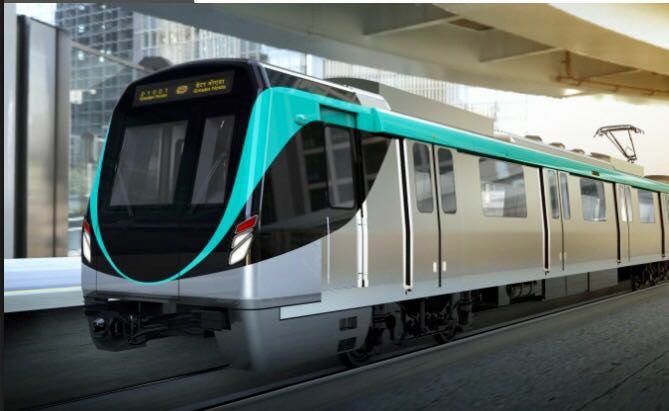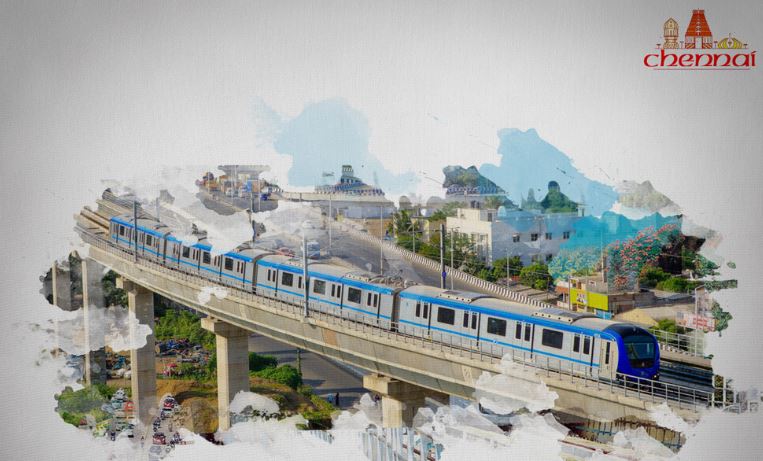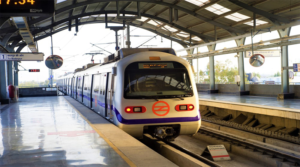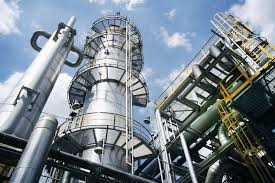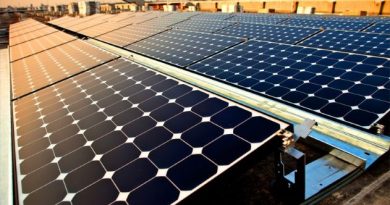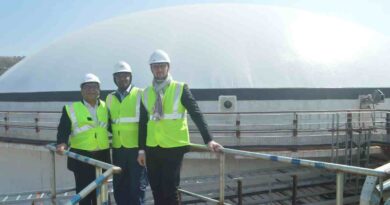After Delhi and Chennai, Mumbai Metro Commissions Rooftop Solar System
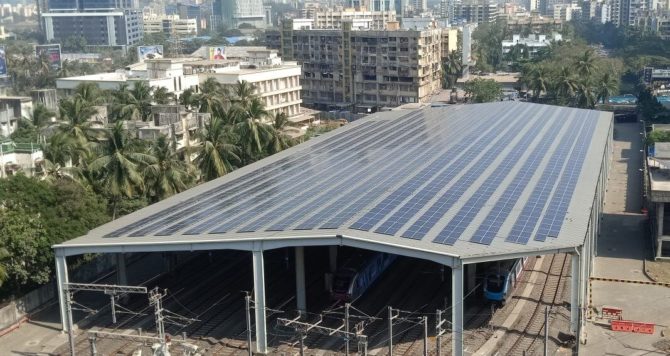 Rooftop Solar system at D.N. Nagar Depot
Rooftop Solar system at D.N. Nagar Depot
Mumbai Metro One recently commissioned its 612 kW rooftop solar power installation at the D.N. Nagar depot, located in Andheri West. The entity which is partially owned by Reliance Infrastructure now boasts of around a 3 MW cumulative installed solar capacity, on its 12 stations and depot campuses.
The 612 kW system is expected to generate 0.9 million units of energy annually from its 2000 panel arrangement, which it expects will be enough to meet a quarter of the auxiliary energy demands of the depot, saving close to ₹50 lakh, per year on electricity costs. The installation has been set up under the Renewable Energy Service Company (RESCO) model, and Mumbai Metro One has signed a power purchase agreement (PPA) with vendors for a period of 25 years. The developer will also be responsible for its operations and maintenance (O&M) services for the entire period.
“We are committed to our ‘go green, go clean initiative’. After successful installation and commissioning of solar panels on 12 metro stations, we are happy to install a new solar project at our metro depot. In the long run, we wish to gradually increase our use of green energy,” an MMOPL spokesperson, told reporters.
Besides, lowering the expenditure for meeting the energy demands, the use of clean energy at the depot is expected to reduce carbon emissions by around 900 tons per annum. At present, the 3 MW solar system under the metro corp is used to generate electricity for auxiliary needs, like the operation of various equipment like lighting, air-conditioning, lifts, escalators, and pumps, among others. However, the plan although a little distant is to go completely renewable.
The carbon footprint savings due to modal shift to Metro as a means of public transport is around 98,000 tons annually. Since June 2014, commuters using private cars, buses, auto rickshaws, two-wheelers, and other modes have been shifting to the metro. Additionally, the savings due to solar power generation is around 17,000 tons and due to LED lights is around 1,000 tons annually. Thus, the total carbon footprint saving because of Mumbai Metro is estimated to be around 1,16,000 tons annually.

